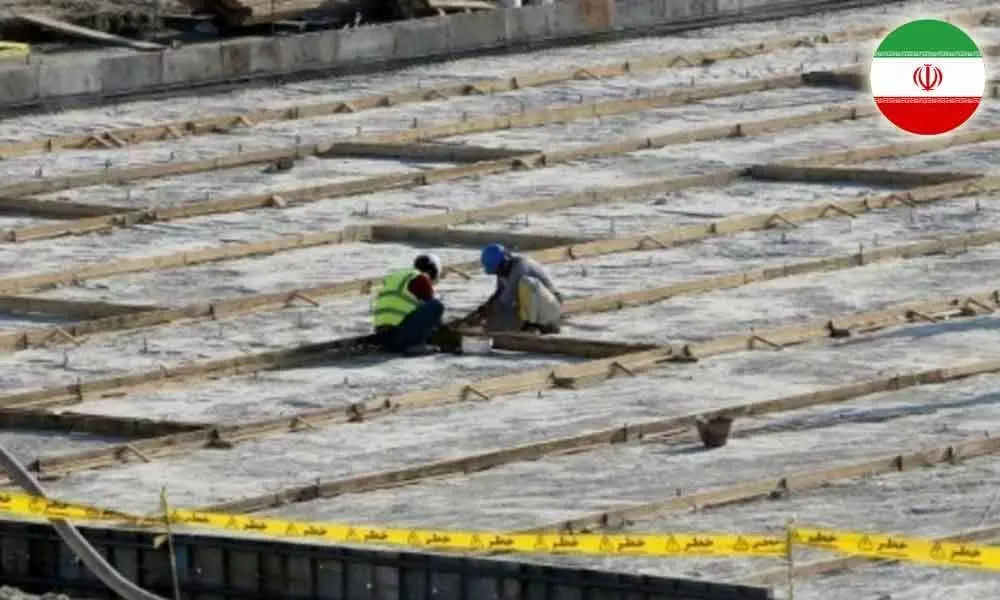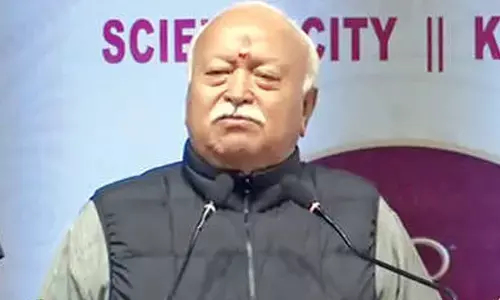'Uranium particles' detected at undeclared site in Iran, says UN's nuclear watchdog

Report from the watchdog says it detected natural uranium particles of anthropogenic origin at a location in Iran not declared to agency.
Vienna: The United Nations' nuclear watchdog said it had detected uranium particles at an undeclared site in Iran in its latest report on the country's nuclear programme issued on Monday.
The report from the International Atomic Energy Agency (IAEA), seen by AFP, says: "The agency detected natural uranium particles of anthropogenic origin at a location in Iran not declared to the agency." The particles are understood to be the product of uranium which has been mined and undergone initial processing, but not enriched.
The IAEA added that it was "essential for Iran to continue interactions with the agency to resolve the matter as soon as possible." While the IAEA itself has not named the site in question, diplomatic sources have previously said the agency has been posing questions to Iran relating to a site where Israel has alleged secret atomic activity in the past.
Sources say the IAEA took samples from the site in the Turquzabad district of Tehran in the spring and that Iran has been slow in providing answers to explain the test results.
Monday's report also confirms that Iran has ramped up uranium enrichment, with its stockpile now reaching the equivalent of 551 kilogrammes, as opposed to the 300-kilogramme limit laid down in Iran's 2015 deal with world powers.
A Vienna-based diplomat said the rate of production of enriched uranium had gone up substantially to more than 100 kilogrammes a month, and could increase further.
The report confirms that Iran is now enriching uranium at its Fordow facility, one of its latest breaches of the 2015 deal.
The nuclear accord has been in increasing danger of falling apart since the United States withdrew from it last year and reimposed sanctions on Tehran.
Since May Iran has progressively breached limits under the agreement, while insisting the steps are reversible if the other parties to the deal provide relief to mitigate the effect of US sanctions.
However, despite Iran saying last week that it was now enriching uranium to five percent, the report said the highest level observed was 4.5 per cent, still higher than the 3.67 laid down in the 2015 deal.
Also on Monday the foreign ministers of the remaining European parties to the deal — Germany, France and Britain — were due to meet in Paris to discuss how to respond to Iran's latest moves.
German Foreign Minister Heiko Maas suggested before the meeting on Monday that a dispute resolution mechanism under the deal could be triggered which would open to way to renewed UN sanctions.
One European source said ahead of Monday's meeting that "the window of opportunity for de-escalation is narrowing very seriously," describing the decision to restart enrichment at Fordow as "serious for several reasons".
The source expressed concern that the so-called "breakout time" needed for Iran to gain the fissile material had been kept to at least 12 months while the Iranians were abiding by the terms of the JCPOA, but that it was not starting to "come down seriously".
Iran has always insisted that its nuclear programme is exclusively peaceful and that acquiring nuclear weapons would be contrary to Islamic principles.













